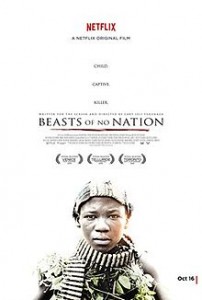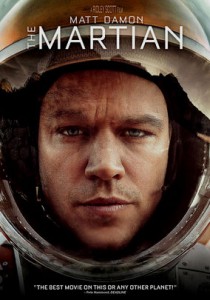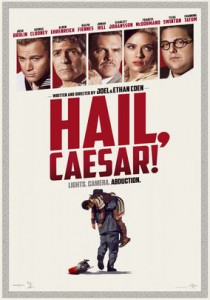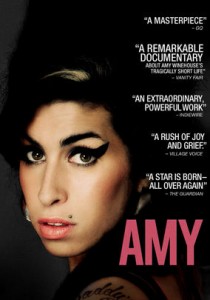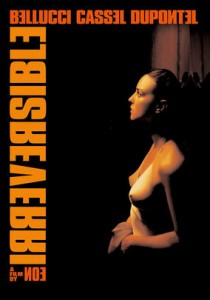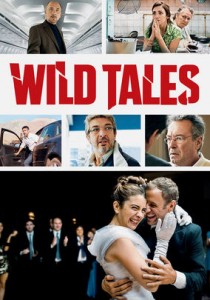How to Marry a Millionaire-1953
Director Jean Negulesco
Starring Lauren Bacall, Marilyn Monroe, Betty Grable
Scott’s Review #381
Reviewed February 28, 2016
Grade: B
How to Marry a Millionaire (1953) is a light-hearted, fun, romantic comedy from 1953 that features three leading ladies, famous at the time- Lauren Bacall, Betty Grable, and the legendary Marilyn Monroe.
The backdrop used in the film is New York City, in the 1950s, warm and sophisticated, and pleasing. This is an appropriate setting as all three women featured in the film are models searching for wealthy suitors.
Schatze (Bacall), Loco (Grable), and Pola (Monroe) are blatant gold-diggers, set on using their looks and charms to seduce rich men into marriage. They rent an enormous and lavish apartment (the owner is out of the country and avoiding the IRS) and slowly sell the furniture to pay the rent.
Each woman encounters potential beaus, both rich and poor, and must choose between true love and marriage for money. Or can they achieve both?
Very soon I noticed similarities to the 1980’s television sitcom The Golden Girls. As a whole, the ladies on the Golden Girls were constantly pursuing men- albeit not always rich men, but more specifically, Schatze resembles Dorothy in her directness, leadership skills, and height.
Loco has qualities attributed to Blanche- sexiness and a coquettish manner. Finally, Pola is dizzy and blonde, a close match for Rose. Unquestionably, How to Marry a Millionaire influenced the iconic television series.
How wonderful the setting is. Interspersed throughout the film are shots of Manhattan, not to mention the visible New York City skyline from the lady’s luxurious apartment where men come and go in attempts to pursue the eligible women.
The city skyline is set, however, other locales are not.
Numerous cinematic shots include the Empire State Building, Central Park, the Brooklyn Bridge, the lights of Times Square, Rockefeller Center, and the United Nations Building.
As a lover of New York City, it struck me as both fantastic and melancholy to think about how many people have come and gone throughout the iconic city, yet here it remains and always will. A slice of 1950’s Manhattan- another time entirely- was wonderful to see.
The film itself is arguably fluff- lightweight to be sure. But there is a 1950s innocence and a sense of fun to How to Marry a Millionaire that has become tainted and is missing in today’s romantic comedy genre- everything is now so crude and cynical, which is why this film works for me. There is a wholesomeness to it.
Sure, the women are manipulative (specifically Schatze), but they yearn for true love and are kind women. Their escapades are humorous. Pola- frightened of being seen by a man wearing her glasses- and blind as a bat without them- constantly bumps her way into walls and navigates rooms by feeling her way around.
More humorous still is when she mistakes a flight to Atlantic City for Kansas City, thereby changing the course of her life.
Loco (Grable), clearly the oldest of the three, and in fact, by this time Grable was looking flat out matronly, decides to go on a trip to Maine with her married beau, expecting to attend a convention filled with rich and eligible men.
Misunderstanding the situation, she then engages in hilarious hijinks with her beau and also meets dashing, but poor, Eban.
Light, fun, with bright colors and sets, How to Marry a Millionaire (1953), when watched now, brings me back to a more pure day, when films were innocent and fresh- filled with glamour and sophistication.
A trip down memory lane in the film is a nice thing.
Oscar Nominations: Best Costume Design, Color

